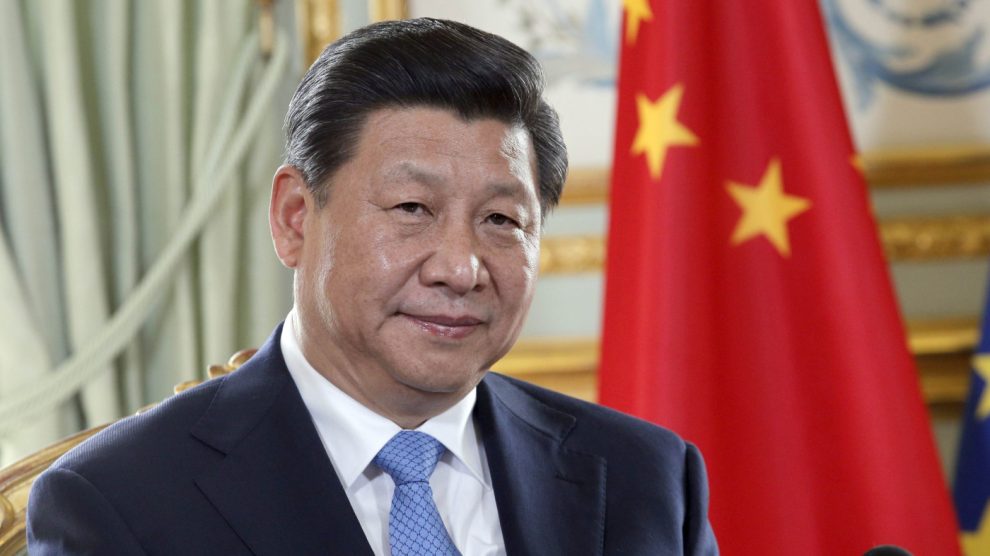What’s the future for Beijing and Rome? A question mark lingers over this issue, given the ongoing transition between Prime Minister Mario Draghi and his likeliest successor, Giorgia Meloni, who is expected to form her government within the next few weeks.
- Back in 2019, when Giuseppe Conte’s government signed the Memorandum of Understanding and brought Italy within China’s Belt and Road Initiative (the only G7 country to do so), Rome-Beijing relations were at a very high point.
- Since then, Italy has taken multiple steps back. Much of it happened under Mr Draghi’s watch, as the former ECB head greatly expanded export control and internal security measures to protect the country’s critical assets from Chinese influence (most recently, telco infrastructure).
- As US Deputy Secretary of State Wendy Sherman remarked in June, PM Draghi’s Italy “understands very well how the People’s Republic of China operates in the world.”
Peering into the crystal ball. On most accounts, the centre-right coalition that’s about to govern Italy looks like it might build upon, if not expand, PM Draghi’s course of action vis a vis China. Their joint electoral programme was very clear on Italy belonging to the Euro-Atlantic framework – the EU, NATO and the wider West –which is essentially incompatible with approaching Beijing for the time being.
Let’s explore the three parties’ past stances on China to see how they might shape the next government.
Brothers of Italy is definitely on the hawkish side. Giorgia Meloni has called the MoU a “big mistake” and stated she wouldn’t renew it. Senator Giulio Terzi, who oversees the party’s diplomatic relations and is a member of the Inter-Parliamentary Alliance on China, told us that Rome was overdue for a “thorough review” of the Belt and Road and must hold “close consultation with European and Atlantic partners, in order to rebalance the weights with Beijing.”
- Ms Meloni also called China’s sabre-rattling over Taiwan “unacceptable,” voiced her support for the alliance with the United States and swore to protect the national interest. All that has already earned her the rebuke of Beijing’s diplomats and media.
The League, not unlike its leader Matteo Salvini, has demonstrated some ambiguity on China – it was, after all, an integral part of the government that greenlit the 2019 MoU, although it had voiced its concerns about it. Mr Salvini, who was deputy PM at the time, warned the agreement had to focus solely on expanding the commercial relation and could not overflow into sensitive fields, such as data privacy. He’s doubled down on such warnings since then.
- Some of the League’s biggest names, including Economic Development Minister Giancarlo Giorgetti and Vice-President of the Foreign Affairs Committee Paolo Formentini (who’s also an IPAC member), always acted as the party’s Atlanticist mainstay vis a vis China.
Forza Italia, Silvio Berlusconi’s darling, once followed the Bush administration in believing that globalisation and market access would have changed China for the better. It also evolved roughly along the same line as the following US administrations, growing increasingly more hawkish on Beijing and wary of its brand of communist autocracy.
- Mr Berlusconi the businessman, along with his family, did not shy away from making deals with Chinese citizens. But as a staunchly Euro-Atlantic politician, he (and his party) align with allied countries. In August, Mr Berlusconi told Il Giornale that China is “a danger.”




